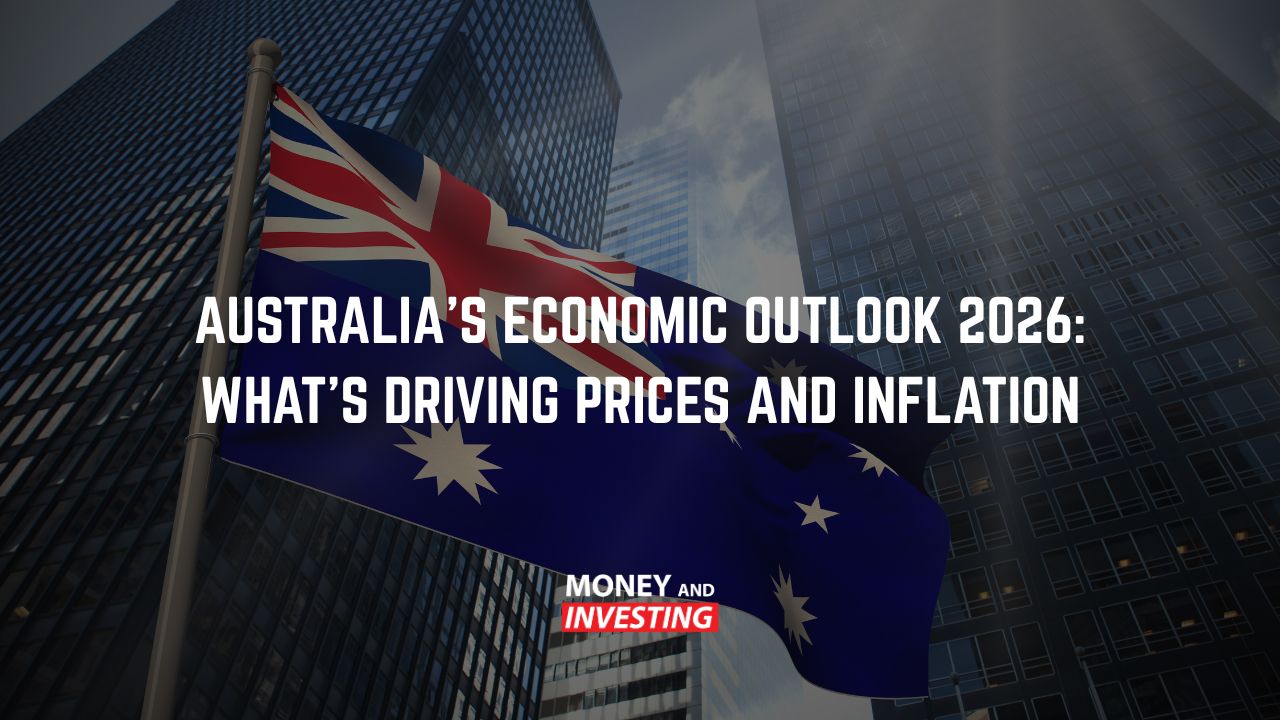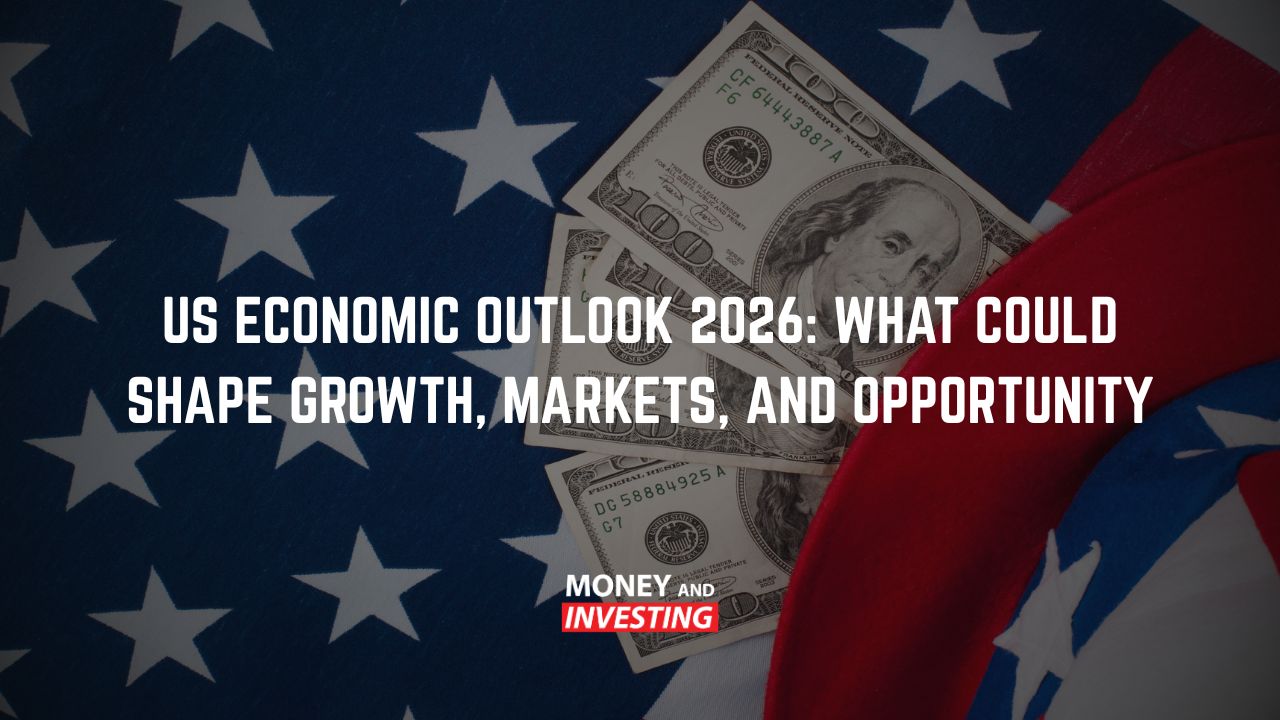AT
5 Most Common Financial Market Myths
If you’re unfamiliar with it, the financial markets can be a scary concept. Many everyday people have preconceived fears surrounding the stock market when they don’t really understand it. Join us this week as we jump into some of the major myths surrounding the financial markets and how you can figure out what’s true and what’s not:
Is Your Money Safe in the Bank?
We all know that the bank is a safe place to keep our money, but is it a viable way to make our money work for us in the long-term? We should always have enough money in the bank to pay our bills and buy our groceries, but the returns on your savings over time are so small and at times actually lose you money. For example, a term deposit is a long-term agreement for you to keep your money in the bank and receive interest on that money.
This sounds like free money to a regular person, but the reality with such low interest rates over the last few years, and with inflation ramping up, Host Andrew Baxter points out that it is almost certain that the amount of interest you will have made on your money is totally outweighed by the amount it has devalued by way of inflation. So perhaps your money is “safe” in the bank as far as it is secure, but you will not be rewarded for your time and you are certainly not protected from the effects of inflation.
Are Stocks Riskier Than Property?
We often hear the sentiment that property prices simply go up indefinitely and that it is perfect as an investment. Host Andrew Baxter notes though, the reality is however, property has its downfalls just like any other asset. Just like the stock market, property prices do fluctuate despite what you may think. The only difference is that with the stock market, you can track the price in real time and know where you stand. In most instances, purchasing property involves taking out a loan which is inherently risky. There are many forces at play when you have a mortgage which directly impact your repayments that are out of your control.
In th estock market, although price fluctuations are out of our control, at the very least we can ensure that we are not taking leverage and do not owe anybody anything. One other key difference is insurance. We can insure our home against damage, but we can not insure the market value of our property. If we choose to sell our property, we are only able to get what someone else is willing to offer for it. In the stock market, if managed in the right way, we can lock in a sale price for our shares should we find ourselves holding a dud.
“The Wealthy Don’t Use Super”
One of the best kept secrets in Australia is just how effective superannuation is and the scope of its uses. Some believe that the super wealthy do not use super because they have more than enough money as it is. The reality is however, super is one of the greatest tools at the disposal of the super wealthy. Australia’s largest super account is worth well above $500 million. For most people, the purpose of super is to set yourself up for retirement and have some income coming in, but the other use is for setting up the generations after you.
Host Andrew Baxter explains that superannuation offers major benefits for protecting your assets in the long-term so that as it is inherited down the line it is well insulated. Superannuation is only liable for about 15% tax where the corporate tax rate is 30%, so you can make the same amount in a super account as with a standard trading account, but pay half the tax. Superannuation can be a complex and confusing subject, leading many to make decisions without fully understanding their options.
Dividend Income – The ‘Best’ Income on the Stock Market
Investing in dividend stocks is known as a great income strategy, but the ins and outs tell a different story. Companies reward their shareholders for investing in them by depositing dividends into accounts as a sign of gratitude when the company has earned profits. The capital is the source of funds for payout payments so you see a loss in the share price. the investor isn’t actually making anything. They may be taking some cash, but the value of their shares in the company drop by an equal amount. Using the power of options, we can generate real cash flow in the stock market – a skill Andrew Baxter and his team at Australian Investment Education can help you learn.
Should We Blindly Trust the Pros?
Too many people fall into the trap of thinking “this is all too difficult, I just want to give my money to a pro to handle”. The reality, however, is that the pros don’t always get it right. Host Andrew Baxter points out that 80% of Australian fund managers underperformed the financial market over a 5 year period. We may put this down to bad luck or carelessness. But we must remember that you are the one who cares most about your money. With the right knowledge, you can better care for it than anyone else. Make sure to brush up on your education and stay informed! Invest in yourself, trust your knowledge of the market and use the great tools at your disposal to make your money grow.



